- Planet
- Energy
- Health and biotech
- Digital
- Space
- Economics
- Industry
- Science and technology
- Society
- Geopolitics
- Neuroscience
- Videos
- Magazine

Michel Dubois, Director of the French Office for Scientific Integrity (Ofis)
On February 24th, 2026The problem with scientific integrity is not so much fraud as uncertainty of norms.

Thomas Le Goff, Senior Lecturer in Digital Law at Télécom Paris (IP Paris)
On February 24th, 2026The automation of vehicles along with the data produced and collected raise the issue of cybersecurity.

Olivier Antoine, Doctor of Geopolitics and Director of ORAE Geopolitics
On February 24th, 2026“The history of soybeans tells the story of the United States' desire to become the world's leading agri-food power.”

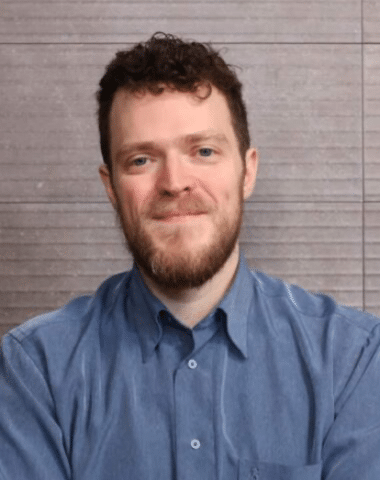
Jérémy Denieulle, Doctor of Geopolitics and Director of Studies at the Agriculture Stratégies Think Tank
On February 17th, 2026Anne-Marie Lagrange, CNRS Research Director at Laboratoire d’Instrumentation et de Recherche (LIRA, Observatoire de Paris) and Assistant Professor at Université PSL
On February 17th, 2026“The discovery also provides an opportunity to study the primitive atmosphere of a planet similar to Saturn.”

Farah Doumit, Research Associate at the Center for Management Research (I³-CRG) at Ecole Polytechnique (IP Paris), Benjamin Lehiany, Research Associate at Centre de Recherche en Gestion (I³-CRG) lecturer at Ecole Polytechnique (IP Paris)
On February 17th, 2026Eco-design is no longer a constraint, it is a strategic driver of long-term sustainability in photovoltaics.
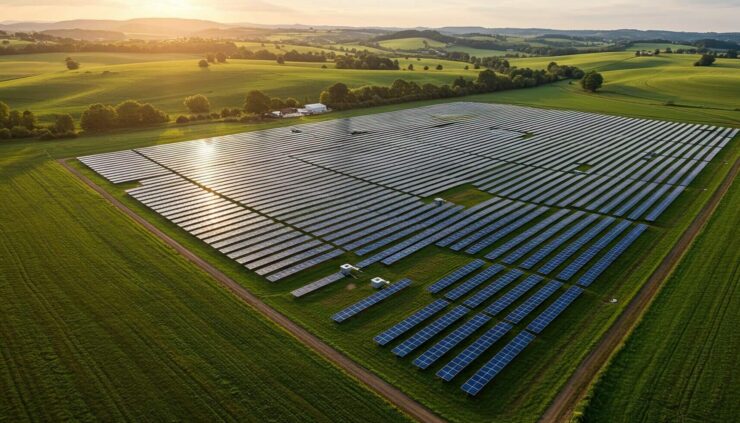

Nadia Lamlili, Head of Social Innovation at Mohammed VI Polytechnic University (UM6P) Global Hubs France
On February 11th, 2026Hervé Chneiweiss, Emeritus CNRS Research Director at Sorbonne University Neuroscience Centre , Clément Hébert, Research Fellow at the Grenoble Institute of Neuroscience
On February 11th, 2026Since the 2000s, the use of microelectronics has made it possible to create increasingly smaller implants.

Philippe Adam, Air Force General, Ex-commander of Air Force and Space
On February 11th, 2026The arrival of private entities, explosion of use, and exponential increase in the number of satellites in orbit are transforming the space security.
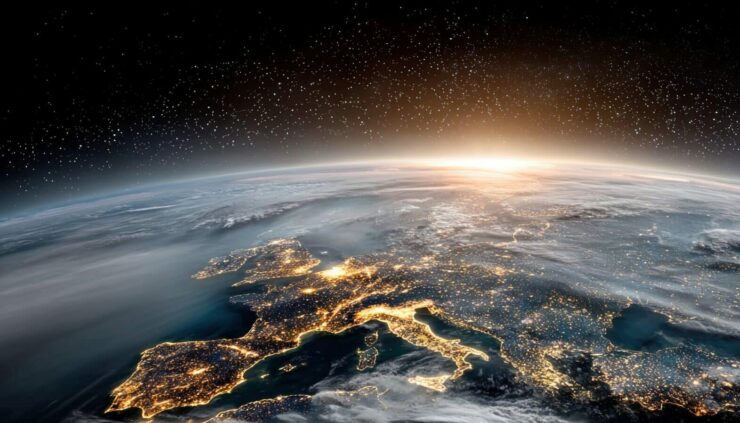
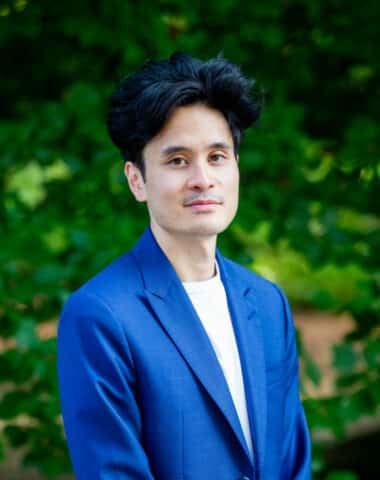
Phuc-Vinh Nguyen, Head of the Energy Centre at Institut Jacques Delors
On February 4th, 2026Patrice Georget, Lecturer in Psychosociology at the University School of Management IAE Caen, Nouzha Boumansour, Psychosociologist and Lecturer at the Institute of Business Administration (IAE) Caen
On February 4th, 2026There is a pressing need in France to better address psychological suffering in the workplace.

Christophe Gaie, Head of the Engineering and Digital Innovation Division at the Prime Minister's Office, Jean Langlois-Berthelot, Doctor of Applied Mathematics and Head of Division in the French Army
On February 4th, 2026Integrating trust markers into AI could enable users to assess the relevance and credibility of the model according to their needs.

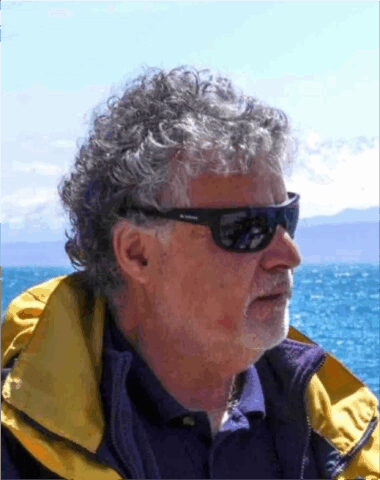
Jérôme Benveniste, Chair of the COSPAR Scientific Committee on Space Studies of the Earth's Surface, Meteorology and Climate, formerly Senior Adviser at ESA, Audrey Hasson, Doctor of Physical Oceanography and Executive Director of the GEO Blue Planet Initiative, François Galgani, Senior Scientist at Ifremer, Specialist in the Marine Environment and Pollution
On January 27th, 2026Pierre-Marie Lledo, Research Director at CNRS, Head of Department at Institut Pasteur, and member of the European Academy of Sciences
On January 27th, 2026The ability to communicate in multiple languages helps slow the ageing of the brain.
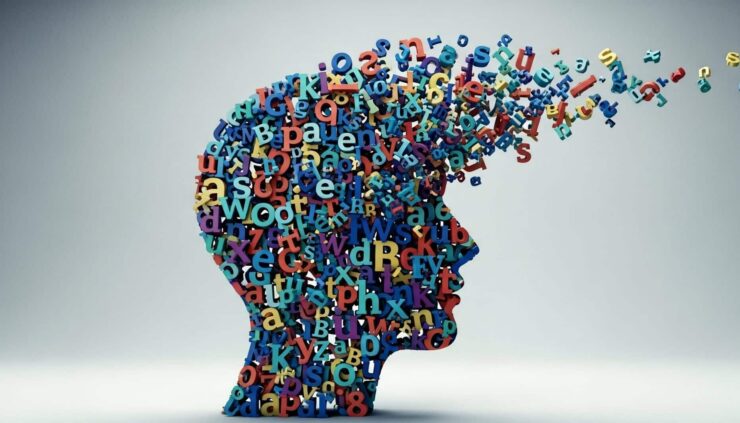
Pauline Rossi, Professor of Economics at Ecole Polytechnique (IP Paris) and Researcher at CREST
On January 27th, 2026Although the one-child policy has now been abolished, the habits developed under it have remained in many families.
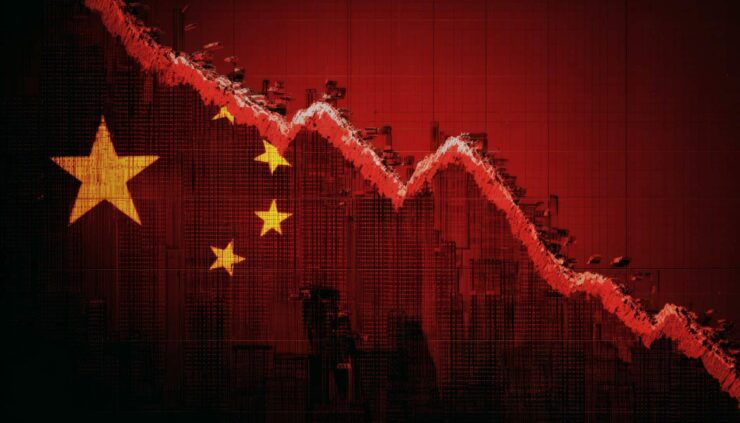

Didier Bazalgette, Doctor of Neuroscience, former AI and Cognitive Sciences Advisor to the Defense Innovation Agency , Paul Janin, PhD student in Cognitive Science at CEA Paris-Saclay
On January 21st, 2026Jean-Paul Maréchal, Associate Professor in Economics at Université Paris-Saclay and Deputy Director of IDEST
On January 21st, 2026In 2021, China’s production capacity accounted for the majority of photovoltaic and wind power.
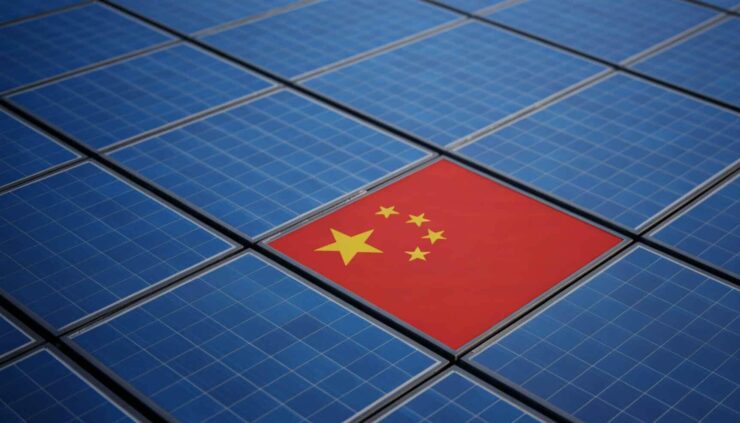
Amaury Hayat, Professor at École Nationale des Ponts et Chaussées (IP Paris) and Specialist in AI for Mathematics
On January 21st, 2026AI can help free up time and assist researchers but also alter the nature and frequency of scientific publications.

Gérald Bronner, Professor of Sociology at Sorbonne université
On January 13th, 2026As with Donald Trump in the United States, the dangers of rewriting reality can lead to feelings being considered markers of truth and reality.

On June 5th, 2024
What is quantum physics? What are the applications of quantum technologies? Dive into the universe of the infinitely small with this issue of 3.14.
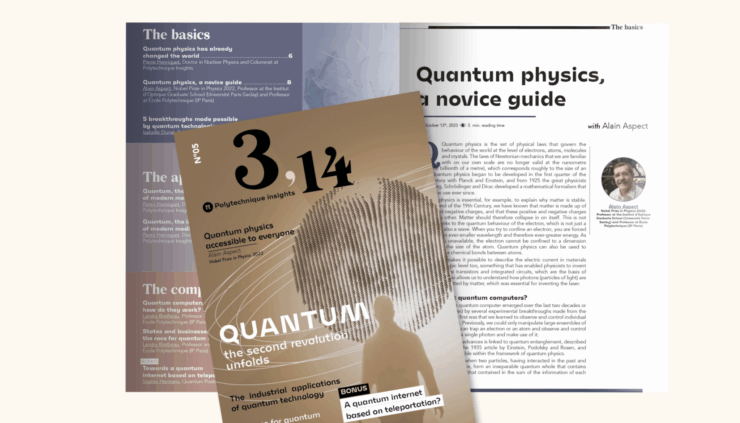 More columns here
More columns here

Thomas Le Goff, Senior Lecturer in Digital Law at Télécom Paris (IP Paris)
Christophe Gaie, Head of the Engineering and Digital Innovation Division at the Prime Minister's Office , Jean Langlois-Berthelot, Doctor of Applied Mathematics and Head of Division in the French Army
Jean-Luc Gibernon, cybersecurity director at Sopra Steria and administrator of the Cyber Campus , Guillaume Poupard, former director of Anssi, the French national agency for information systems security
Badis Hammi, Associate Professor at Télécom SudParis (IP Paris) , Roni Carta , Ethical Hacker and Founder of Lupin & Holmes
Christophe Gaie, Head of the Engineering and Digital Innovation Division at the Prime Minister's Office , Jean Langlois-Berthelot, Doctor of Applied Mathematics and Head of Division in the French Army

Farah Doumit, Research Associate at the Center for Management Research (I³-CRG) at Ecole Polytechnique (IP Paris) , Benjamin Lehiany, Research Associate at Centre de Recherche en Gestion (I³-CRG) lecturer at Ecole Polytechnique (IP Pa...
Daniel Bajolet, Member of SAGSI (China) and Co-founder of ROSI
Amandine Volard, Wind and Marine Energy Engineer at ADEME
Anne de Bortoli, Associate Professor at Université du Québec and Associate Researcher at Ecole des Ponts ParisTech (I...
Thomas Grandin, In charge of the tyre and ELV sector at ADEME , Jean-Philippe Faure, Head of Research & Development and Director of Research and Innovation at Aliapur , Ludovic Moulin, PhD in Process and Environmental Engineering, R&D Manager at Alpha Carbone, and guest researcher...

Philippe Adam, Air Force General, Ex-commander of Air Force and Space
Isabelle Sourbès-Verger, Geographer and CNRS Research Director
Lucien Rapp, Professor at Université Toulouse-Capitole and HEC Paris
Jean-Marc Astorg, Director of Strategy at CNES
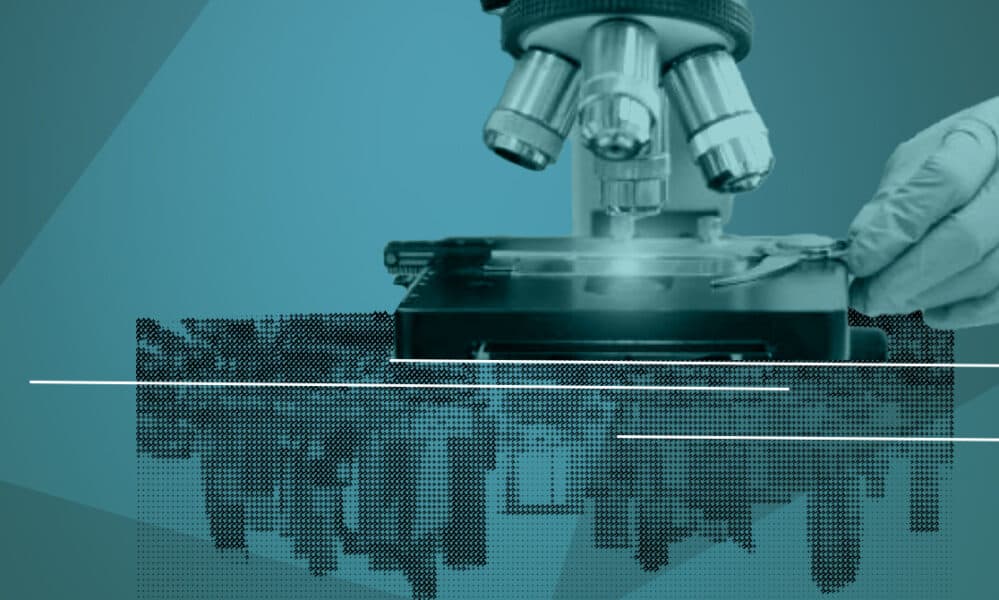
Simcha Jong, Professor at University College London and Associate Researcher at IP Paris
Julien Billion, Professor at ICN business school and associate researcher at Université de Lorraine
Estelle Peyrard, Research Associate at Ecole Polytechnique (IP Paris)
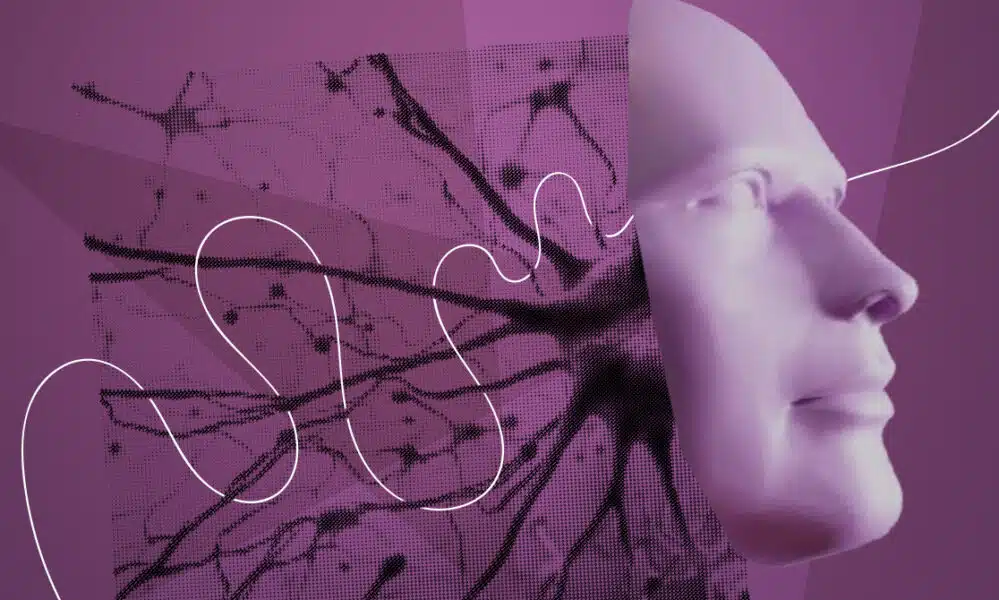
Pierre-Marie Lledo, Research Director at CNRS, Head of Department at Institut Pasteur, and member of the European Academ...
Pierre-Marie Lledo, Research Director at CNRS, Head of Department at Institut Pasteur, and member of the European Academ...
Laure Tabouy, Doctor of Neuroscience and PhD student in Neuroethics at Université d'Aix-Marseille
Virginie van Wassenhove, Research Director at CEA
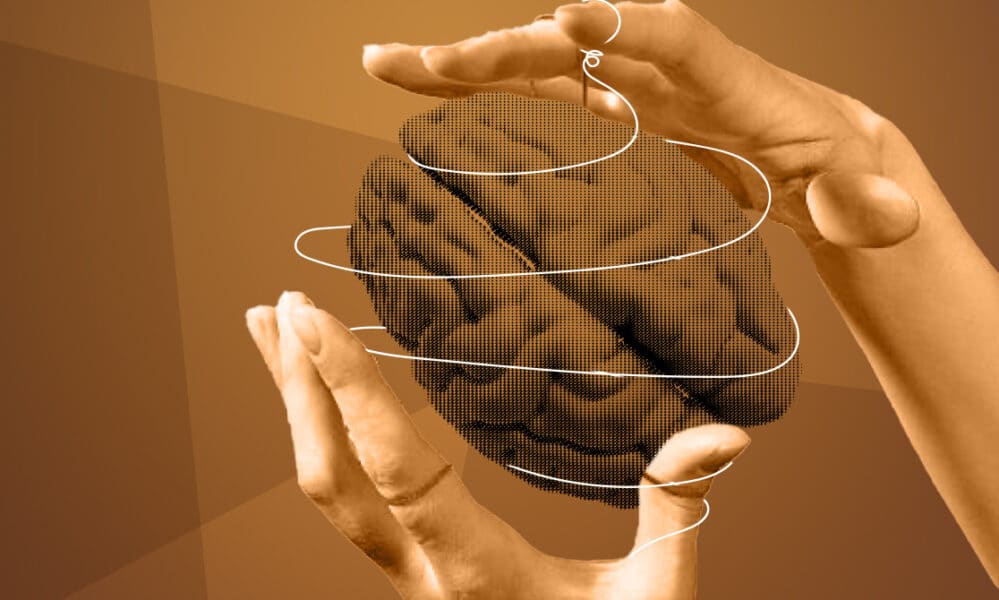
Bernard Claverie, Emeritus Professor of Cognitive Sciences at Bordeaux Institute of Technology
Didier Bazalgette, Doctor of Neuroscience, former AI and Cognitive Sciences Advisor to the Defense Innovation Agency , Paul Janin, PhD student in Cognitive Science at CEA Paris-Saclay
Emmanuel Phelut, Director of Centre de l’Enseignement Militaire Supérieur-Terre (CEMS-T) , Jean Langlois-Berthelot, Doctor of Applied Mathematics and Head of Division in the French Army
Didier Bazalgette, Doctor of Neuroscience, former AI and Cognitive Sciences Advisor to the Defense Innovation Agency , Paul Janin, PhD student in Cognitive Science at CEA Paris-Saclay
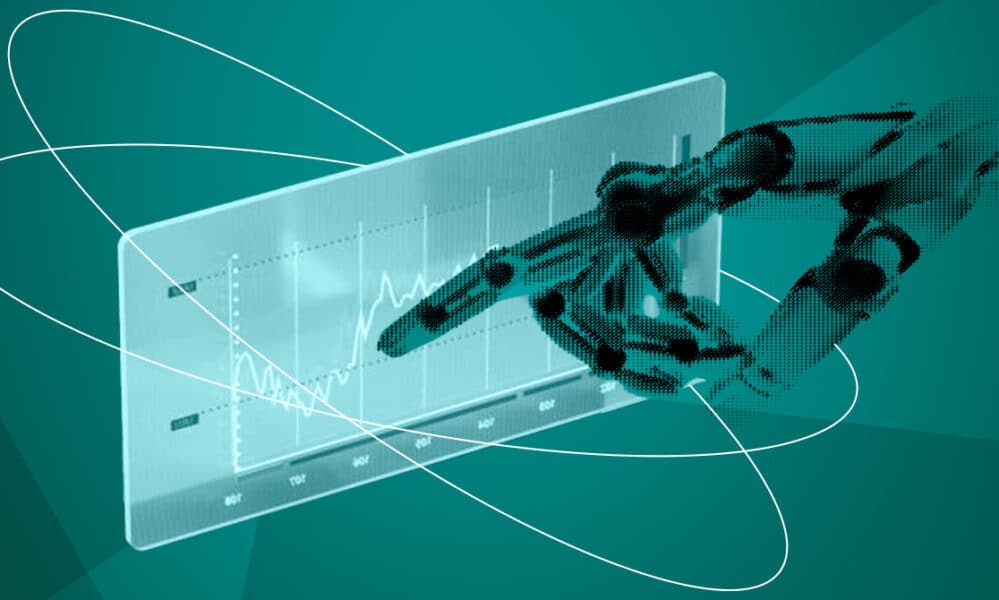
Pierre-Jean Benghozi, Emeritus CNRS Research Director at Ecole Polytechnique (IP Paris)
Jan Stormann, Economist at the OECD , Jean Langlois-Berthelot, Doctor of Applied Mathematics and Head of Division in the French Army
Pierre-Jean Benghozi, Emeritus CNRS Research Director at Ecole Polytechnique (IP Paris) , Jean-Paul Simon, Director and Founder of JPS Public Policy Consulting

Claire Huber, Engineer and Project Manager in Remote Sensing and GIS (Geographic Information System) at SERTIT , Cécile Lasserre, CNRS Research Director at the LGLTPE laboratory
Marielle Saunois, Lecturer and Researcher at Université Versailles Saint Quentin and Member of Climate and Environment...
Jean-Pierre Diris , Interministerial Coordinator for France on IRIS² and GOVSATCOM
Ahmad Al Bitar, CNRS Research Engineer at Centre d'Études Spatiales de la Biosphère , Veronika Antonenko, Research Engineer at Centre d'Études Spatiales de la Biosphère
William Parker, Graduate Researcher at Massachusetts Institute of Technology
Étienne Berthier, Glaciologist at CNRS , Fabien Maussion, Associate Professor at Bristol Glaciology Centre at University of Bristol

Kevin Darras, INRAE Researcher in Forest Ecosystems (EFNO)
Denis Couvet, President of the Foundation for Research on Biodiversity and Professor at Muséum National d'Histoire...
Tania Louis, PhD in biology and Columnist at Polytechnique Insights
Benoit Pisanu, Ecology researcher at MNHN
Clémentine Mutillod, PhD student at the Mediterranean Institute of Biodiversity and Ecology at Avignon Université , Simon Chollet, Lecturer at Université de Rennes

Jean-Marie Tarascon, Professor at Collège de France, specialist of Solid-State Chemistry
Didier Dalmazzone, Professor of Chemistry and Processes at ENSTA (IP Paris)
Cyrille Sollogoub, Professor at CNAM , Didier Dalmazzone, Professor of Chemistry and Processes at ENSTA (IP Paris)
Patricia Crifo, Professor of Economics at Ecole Polytechnique (IP Paris) , Ao Li, Master's Student at Ecole Polytechnique (IP Paris) , Wenrui Dai, Master's Student at Ecole Polytechnique (IP Paris) , Inès Glangeaud, Master's Student at Ecole Polytechnique (IP Paris)
James Quach, Chief Scientist at the Commonwealth Scientific and Industrial Research Organisation (CSIRO), Austral...
María Eugenia Sanin, Lecturer in economics at Université Paris Saclay and coordinator of the Sectoral Policies group at t...

Giuseppe Gangarossa, Professor of Neurobiology at Université Paris Cité
Guillaume Airagnes, Lecturer at Université Paris Cité , Amine Benyamina, Professor at Paris Saclay Faculty of Medicine
Grégoire Borst, Professor of Psychology at Université Paris Cité

Jacques Treiner, Research Associate at Université Paris Cité and Chair of the Shift Project Expert Group , Gérard Bonhomme, Professor Emeritus at Université de Lorraine and Chair of the Energy & Environment Committee of ...
Pascale Hennequin, CNRS Research Director and Head of the "Magnetic Fusion Plasmas" team at the Plasma Physics Laborato...
Sébastien LePape, Deputy Director of the Laboratory for the Use of Intense Lasers (LULI*) at École Polytechnique (IP P...
Pierre Henriquet, Doctor in Nuclear Physics and Columnist at Polytechnique Insights
Adam Stein, Director of the Nuclear Energy Innovation program at the Breakthrough Institute

Benjamin Cabanes, Lecturer at Mines Paris - PSL & at the MIE department of École Polytechnique (IP Paris) , Orso Roger, Research Engineer at Institut des Hautes Etudes pour l'Innovation et l'Entrepreneuriat (IHEIE/PSL) , Liliana Doganova, Researcher at Centre de Sociologie de l'Innovation at Ecole des Mines de Paris
Benjamin Cabanes, Lecturer at Mines Paris - PSL & at the MIE department of École Polytechnique (IP Paris) , Orso Roger, Research Engineer at Institut des Hautes Etudes pour l'Innovation et l'Entrepreneuriat (IHEIE/PSL) , Liliana Doganova, Researcher at Centre de Sociologie de l'Innovation at Ecole des Mines de Paris
Mathieu Feuillade, Director of the SciFI Lab at EssilorLuxottica R&D
Benjamin Cabanes, Lecturer at Mines Paris - PSL & at the MIE department of École Polytechnique (IP Paris) , Orso Roger, Research Engineer at Institut des Hautes Etudes pour l'Innovation et l'Entrepreneuriat (IHEIE/PSL) , Liliana Doganova, Researcher at Centre de Sociologie de l'Innovation at Ecole des Mines de Paris

Boris Cheval, Assistant Professor of Psychology at ENS Rennes
Anne Muxel, Research Director of Sociology and Political Science Research at CNRS (CEVIPOF/Sciences Po)
Catherine Rolland, Project Manager for the Science and Video Games Chair at Ecole Polytechnique (IP Paris)
Guillaume Bronsard, Child and adolescent psychiatrist at Université de Bretagne Occidentale

David Houben, Director of Agrosciences College at UniLaSalle
Olivier Sala, Vice-Chairman of ENGIE Group, in charge of research and innovation , Jordi Badosa, Technical director of the interdisciplinary Energy4Climate centre in the Dynamic Meteorology Laborat...
Johanna Ayrault, Postdoctoral researcher at École des MINES Paristech
Farah Doumit, Research Associate at the Center for Management Research (I³-CRG) at Ecole Polytechnique (IP Paris)
Victor Court, Lecturer at IFP School and Research Associate at Chaire Énergie & Prospérité
Johanna Ayrault, Postdoctoral researcher at École des MINES Paristech

Jean de Bodinat, Founder and General Manager at Rakam AI and Teacher at Ecole Polytechnique (IP Paris) , Solène Gérardin, Lawyer, AI Act and GDPR Specialist
Winston Maxwell, Director of Law and Digital Studies at Télécom Paris (IP Paris)
Félicien Vallet, Head of the AI department at the Commission Nationale de l'Informatique et des Libertés (CNIL) (Fren...
Henri Verdier, Ambassador for the Digital Sector and founding member of the Cap Digital competitiveness cluster
Jean Langlois-Berthelot, Doctor of Applied Mathematics and Head of Division in the French Army , Christophe Gaie, Head of the Engineering and Digital Innovation Division at the Prime Minister's Office

Cédric Tard, CNRS Research Director and Professor at École Polytechnique (IP Paris)
Alexandre Magnan, Senior Researcher in "Adaptation to Climate Change" at Institut du Développement Durable et des Rela... , Jean-Pierre Gattuso, CNRS Research Director in Oceanography at Sorbonne Université and IDDRI-Sciences Po &nb...
Laurent Bopp, CNRS Research Director at the Laboratoire de Météorologue Dynamique of the Institut Pierre-Simon Lap... , T. Alan Hatton, Ralph Landau Professor of Chemical Engineering Practice at MIT
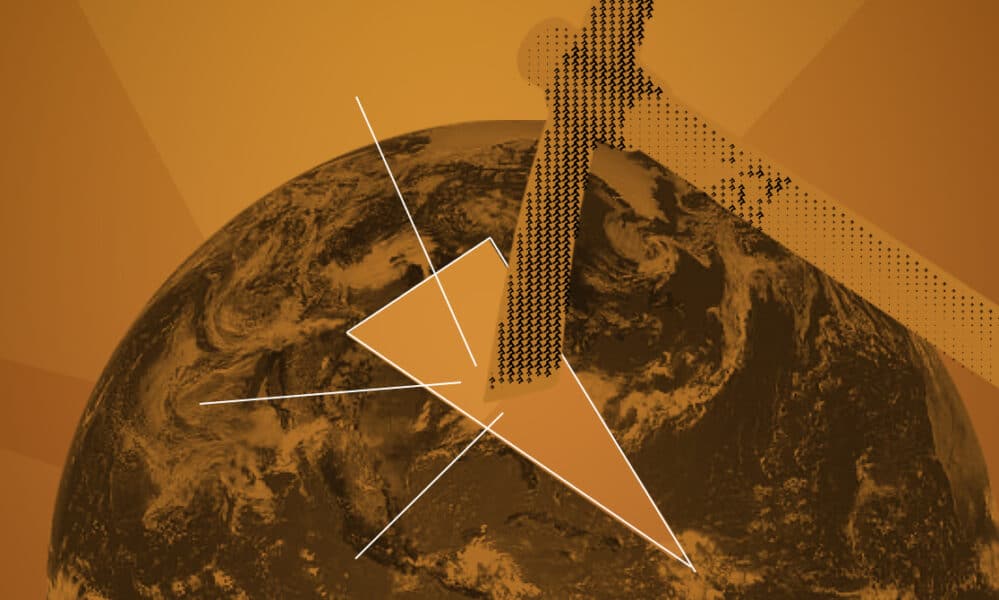
Florian Vidal, Researcher at the Arctic University of Norway and associate researcher at the Interdisciplinary Labo...
Pierre-Alexandre Reninger, Geophysicist at the French Geological and Mining Research Bureau (BRGM) , Matthieu Chevillard, Geologist at the French National Geological Survey (BRGM)
Emmanuel Hache, Assistant and Economist-Prospector at IFP Énergies nouvelles and Research Director at IRIS , Émilie Normand, Economist Engineer, Head of Research at IFP Énergies nouvelles , Candice Roche, Research Fellow in Geopolitics of Metals and Ecological Transition at IFPEN
Emmanuel Hache, Assistant and Economist-Prospector at IFP Énergies nouvelles and Research Director at IRIS , Candice Roche, Research Fellow in Geopolitics of Metals and Ecological Transition at IFPEN , Vincent d’Herbemont, Civil engineer in the economics and environmental assessment department at IFP énergies nouvelles , Louis-Marie Malbec, Economist engineer at IFP énergies nouvelles
Support accurate information rooted in the scientific method.
Donate